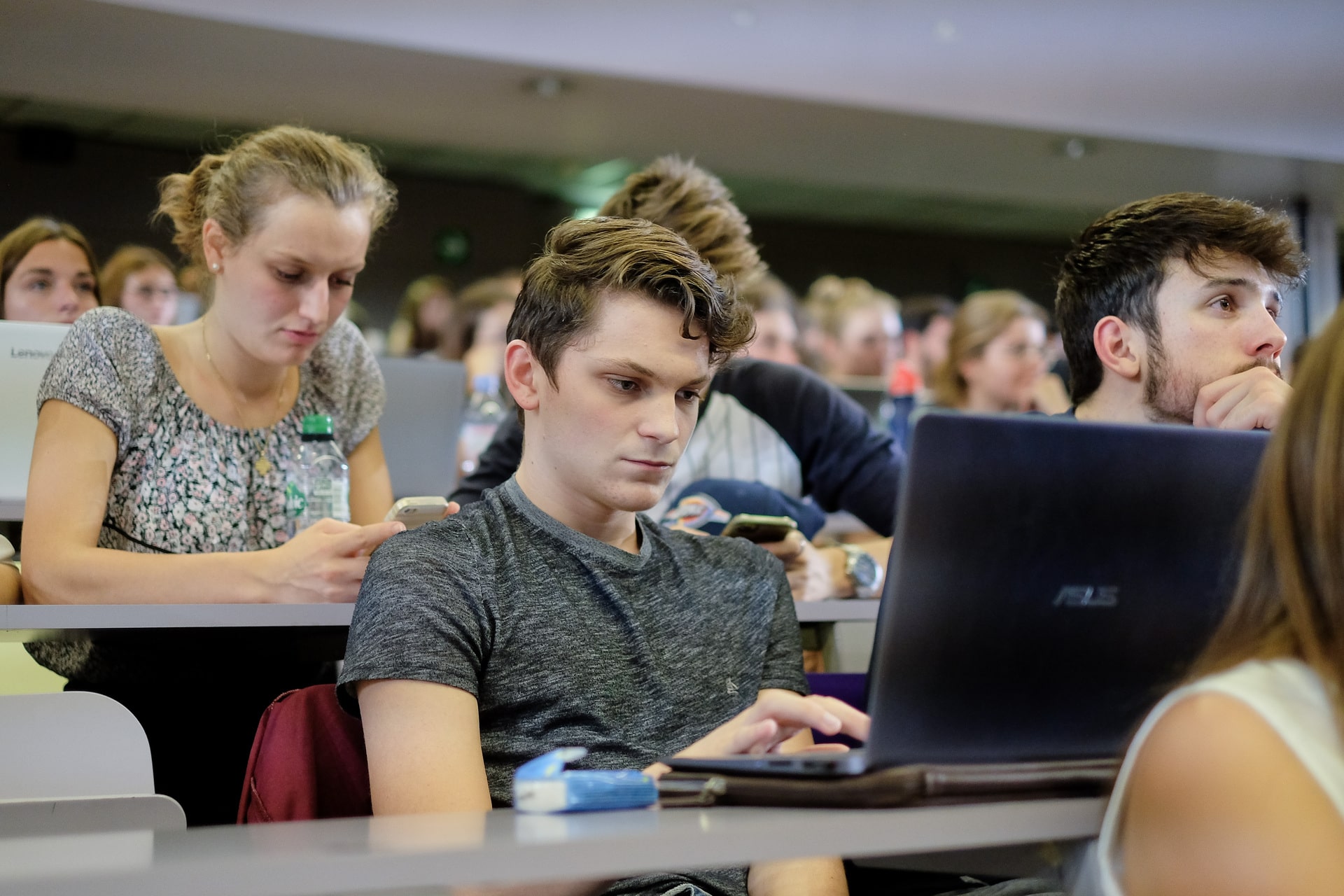Program Objectives of the Master's year 2 Entrepreneurship and Innovative Projects - 264
The Master in Entrepreneurship and Innovative Projects is designed for those who wish to launch a venture, support entrepreneurs (e.g. C-level roles, program managers, innovation space coordinators), or drive innovative projects within a responsible and sustainable economic framework.
This track is not limited to future entrepreneurs: the entrepreneurial ecosystem — constantly evolving — requires skilled professionals to tackle strategic challenges such as incubation, acceleration, intrapreneurship, funding, and business model transformation. Business creation is not only an economic engine, but also a key lever in addressing societal and environmental challenges.
The first year of the Master’s program is offered exclusively as a full-time program, with the possibility of a gap year before entering the second year of the Master’s program in September 2025.
A Program for Entrepreneurship and Innovation
The Entrepreneurship and Innovative Projects track offers a comprehensive approach to entrepreneurship and the management of innovative projects. It is based on active learning methods, a high-level teaching team (academics, entrepreneurs, and experts), and close collaboration with socio-economic partners. Students take part in real-world assignments alongside project leaders and benefit from a wide range of tools and support to develop their skills.
Program objectives:
- Master the management of innovative projects
- Develop skills in ideation, agility, and design
- Identify and leverage sustainable business opportunities
- Acquire expertise in business development
- Manage the full lifecycle of a project (initiation, growth, impact)
- Design responsible or socially innovative business models
- Engage and mobilize stakeholders
- Strong expertise in impact-driven entrepreneurship
- Access to a wide network of actors within the entrepreneurial ecosystem: conferences, challenges, visits, major events, etc.
- Opportunity to develop an entrepreneurial project during the academic year through the National Student Entrepreneur Status (PEPITE PSL)
- Access to support programs such as pre-incubation (House of Entrepreneurship), early-stage development (PEPITE), and full incubation (Dauphine Incubator)
- Mentoring opportunities with Dauphine Alumni and formal recognition of entrepreneurial engagement
When you enroll in a Master's program, you also join Université PSL. Ranked in the top 50 universities in the world (THE and QS), PSL offers excellent graduate programs at the Master's and PhD level, which benefit from the scientific capabilities of its member institutions. The degree is prepared at Université Paris Dauphine-PSL and awarded by Université PSL.

- Types of education
- Initial training
- Executive Education
- Work-based training
- Language(s)
- French
- ECTS Credits
- 60 credits
- Internship
-
20 weeks
No work-based training
- Capacity
- 24
- Type of Diploma
- Diploma from a major institution conferring the Master's degree
- Academic Year
- 2025/2026
Contacts
Sonia ADAM-LEDUNOIS
Associate Professor
Director of the 2nd year of the Master's degree
Edith MULLER
Teaching assistant

The challenges of the ecological and social transition in the Master's degree programs
Several courses and tools are offered to students in the Master’s program, regardless of their specialization
- “Ecological Transition and Social Responsibility” Certificate
- “Dauphine Durable” SPOC A common base of knowledge in the areas of ethics, social responsibility and sustainable development. It tackles the basics of CSR: control, human resources, finance, marketing, strategy, climate issues and the environmental transition.
- “Managing SDGs” SPOC A unique learning experience in which students from multiple countries work together on real-life case studies.
- Virtual University of the Environment and Sustainable Development At PSL, Dauphine is a founding member of Université Virtuelle Environnement et Développement durable (Virtual University of the Environment and Sustainable Development), which allows it to provide its students with a set of resources and MOOCs.
After Dauphine
Employability Indicators After Graduation - Survey Conducted in Collaboration with CGE
job hunting's average duration
Professional integration rate
Median salary

